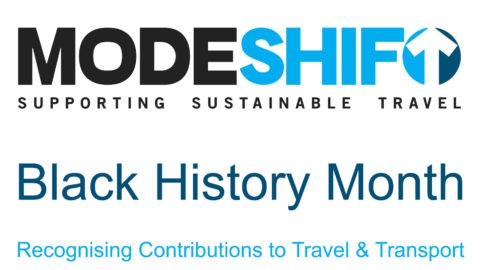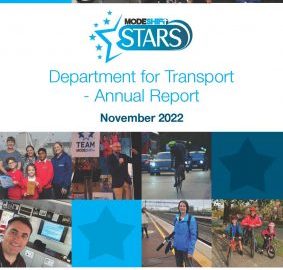ACTIVE TRAVEL STUDIES
Special issue – Electric Micromobility Futures
Guest Editors
Dr Tim Jones (Oxford Brookes University)
Dr Kiron Chatterjee (University of the West of England, Bristol)
Dr Ben Spencer (Oxford Brookes University)
Overview
Recent years have seen the growth of electrically assisted micromobility options or what we might call ‘e-micromobility’. E-micromobility comprises vehicles that are small, can transport people or goods, and require some sort of active self-propulsion. It includes electrically assisted cycles and electrically assisted cargo cycles as well as electric ‘kick’ scooters, electric skateboards, mono-wheels etc that require the active maintenance of balance. These may be privately owned or part of a shared-use model that is in operation in towns and cities.
The e-micromobility industry is growing rapidly while at the same time strategies to reduce private car use in urban areas are being taken more seriously in many places. The reallocation of road space as part of a move towards a post-pandemic green recovery could (unintentionally or otherwise) spark an ‘e-micromobility boom’. Proponents might reasonably argue that this offers a more inclusive and independent mobility that benefits personal health and wellbeing and that supports local economies through a more sustainable approach to the movement of people and goods. However, transport policy makers are grappling with how to plan cities for e-micromobility and it remains largely unmonitored in transport data. The topic also creates debate in policy circles around governance and regulation and dissonance as to whether it is safe and sustainable, and indeed, whether e-micromobilities constitute active travel. This special issue invites papers that specifically address the role of e-micromobility as active travel and as part of sustainable transport futures.
The special issue areas include but are not limited to:
- The impact of certain types of e-micromobility on ‘active travel’ – broadly understood as walking and conventional pedal cycling – and what constitutes ‘good’ e-micromobility.
- E-micromobility as a substitute for other methods of transport including the private car and impact on public transport (e.g. bus use).
- Integration of e-micromobility with other modes.
- Infrastructure, technology and design and management of e-micromobility.
- Governance of e-micromobility and regulatory frameworks.
- Application of e-micromobility hubs and rental schemes such as bikes, e-bikes and e-scooters.
- Micro-mobility and the ‘gig’ economy.
- Role of e-micromobility in urban regeneration and liveability agenda.
- Health and wellbeing benefits of e-micromobility.
- Everyday use of e-micromobility and embodied experience and interaction in (contested) public space.
- The role of e-micromobility for social inclusion.
- E-micromobility and the environment.
Timescale and practicalities
Please submit abstracts (400-600 words) at https://activetravelstudies.org/
Nb. Select the ‘Submission’ tab and then ‘Start Submission’. Under ‘Section’, select ‘Abstract’. Under ‘Special Collection’, select ‘Electric Mobility Futures’
Deadline for abstracts: Monday 18 October 2021.
Decision from Editors: Authors will hear from the editors encouraging a full submission or providing feedback by Monday 1 November 2021.
Full submissions: Submitted by Monday 14 February 2022. These will be peer-reviewed. ATS submission categories include research articles, commentaries, reviews, debates, interviews.
Decision from Editors on first full submissions: Monday 11 April 2022 (provisional).
Deadline for second submissions: Monday 23 May 2022 (provisional).
Decision from Editors on resubmissions: Monday 4 July 2022 (provisional).
Provisional publication date of final manuscripts: July/Aug 2022.
About Active Travel Studies
Active Travel Studies is a new, peer-reviewed, open-access journal intended to provide a source of authoritative research on walking, cycling and other forms of active travel. In the context of a climate emergency, widespread health problems associated with inactivity, and poor air quality caused in large part by fossil-fuel transport, the journal is relevant and timely. It will perform the critical function of providing practitioners and policy makers with access to current and robust findings on all subjects relevant to active travel.















